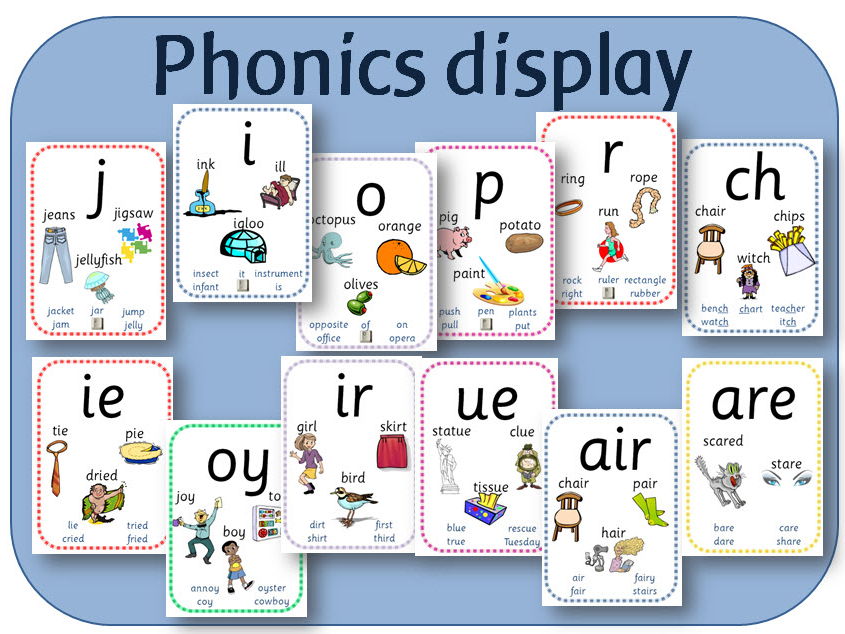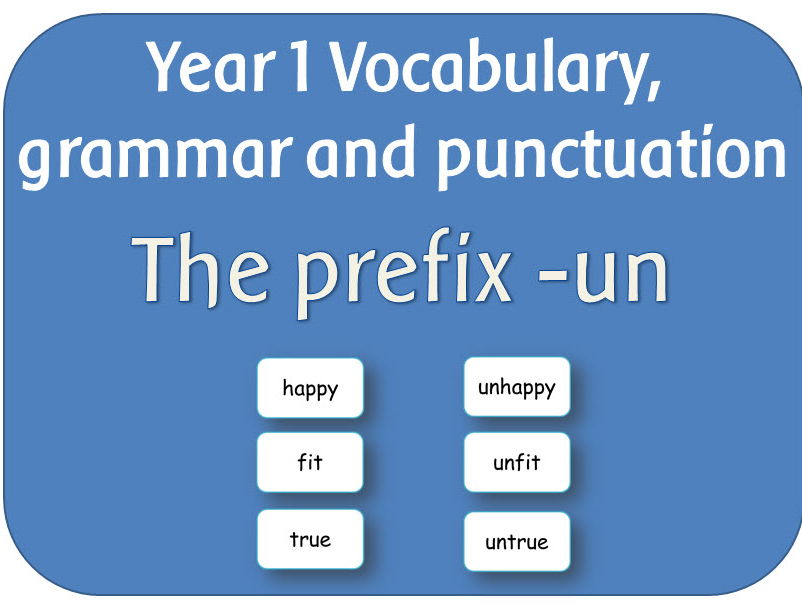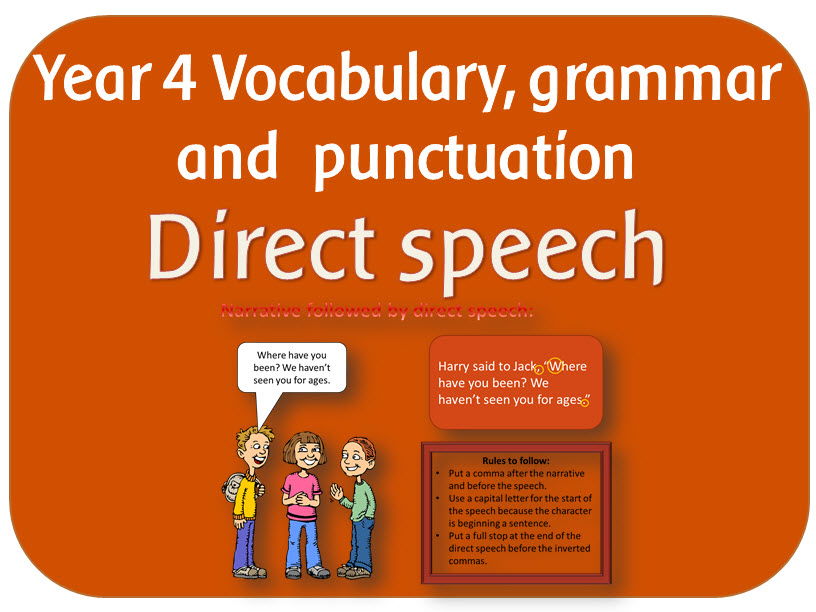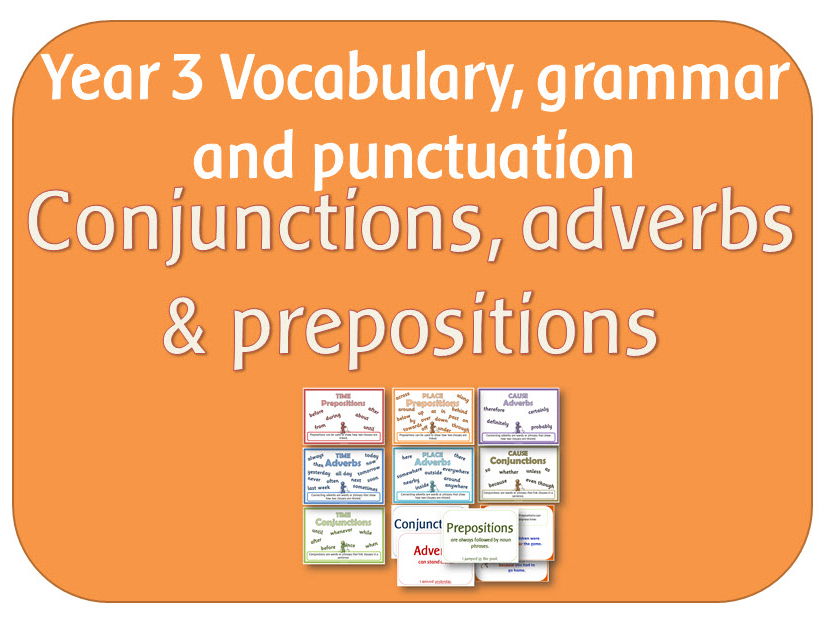
404Uploads
1066k+Views
681k+Downloads
World languages

SPaG Year 4 Terminology powerpoint
A powerpoint explaining the terminology for pupils in Y4 - determiner,pronoun, possesive pronoun and adverbial.

Grapheme pack: ee words
This pack contains 7 resources: A PowerPoint lesson for children to write words containing the new grapheme, 4 differentiated worksheets, picture and word cards and a large flashcard.
The font used is Sassoon with an additional copy in Elementary font.

Grapheme pack: ai words
This pack contains 7 resources: A PowerPoint lesson for children to write words containing the new grapheme, 4 differentiated worksheets, picture and word cards and a large flashcard. The font is Sassoon infant, with an additional pack in Elementary / Primer print.

Grapheme pack: ar words
This pack contains 7 resources: A PowerPoint lesson for children to write words containing the new grapheme, 4 differentiated worksheets, picture and word cards and a large flashcard.

Phonics flashcards
A set of 76 phonics display/flashcards to use in KS1.
There are 2 A5 cards on a page. Each card contains pictures and a list of words including the relevant common exception words for Year 1.
The first set contains the letters of the alphabet.
The second set contains the consonant digraphs and vowel digraphs and trigraphs in the Y1 Spelling appendix.
The third set contains extra graphemes identified in the Letters and Sounds phonics programme.

SPaG Year 5 & 6 Spelling: Use of the hyphen
A powerpoint lesson and a jigsaw activity to teach the spelling guidelines:
Hyphens can be used to join a prefix to a root word, especially if the prefix ends in a vowel letter and the root word also begins with one.

SPaG Year 5 & 6 Spelling: Adding suffixes beginning with vowel letters to words ending in –fer
Resources to teach the spelling guidelines for adding suffixes beginning with vowel letters to words ending in fer
POWERPOINT
Adding vowel suffixes to words ending fer: Explains the rule then gives the children opportunity to write the words applying the spelling rule.
PDF (PRINTABLE) RESOURCES
Complete the fer matrix worksheet
Word list

SPaG Year 3 Grammar: Paragraphs, headings, sub-headings and present perfect form of verbs
POWERPOINTS:
Paragraphs:An introduction to paragraphs, explaining what they are and how to write them.
Headings and sub-headings:An introduction to headings and sub-headings, explaining what they are and where and how they can be used.
Present perfect:Explains what the present perfect tense is and how it is formed. It ends with sentences for the children to rewrite using the present perfect tense.
PDF activity: Present perfect worksheet

SPaG Year 5 Terminology powerpoint
Explains the terminology specified in Y5: modal verb, relative pronoun, relative clause, parenthesis, cohesion and ambiguity.

SPaG Year 1: The prefix un
2 powerpoint lessons - how the prefix un- changes the meaning of verbs and adjectives; plus jigsaw cards and a lesson plan.
Adding the prefix un to adjectives: Powerpoint explaining how the meaning of adjectives change when un- is added, ending with an activity
Adding the prefix un to verbs: Powerpoint explaining how the meaning of verbs changewhen un- is added, ending with an activity
Activity cards
Jigsaw cards - root words and the prefix un.

SPaG Year 2 Text: Present and past tense and the progressive form of verbs
Four powerpoints looking at past and present verb tenses.
POWERPOINTS
Introduction to tenses: Explains what tense means, and past and present tense, giving examples including the progressive form of verbs.It ends with some examples and opportunities for children to change the tenses of sentences.
Changing present into past tense: Sentences to change
Thinking of verbs and past and present tense: Look at pictures and describe the actions in the present and the past tenses.
Irregular past tense verbs: Explanation and lists of irregular past tense verbs.

SPaG Year 4 Word Grammar: The grammatical difference between plural and possessive -s
3 Powerpoints:
Recap of plural s: Revision of previous learning about nouns, singular and plural with a short exercise at the end.
Recap of possessive s: Revision of previous learning about possessive -s.
Plural or possessive s: Sentences with lots of questions for the children to answer, whether the words contain plural or possessive -s.
1 Worksheet:
Plural and possessive s

SPaG Year 4 Punctuation: Inverted commas and other punctuation for direct speech
The powerpoint looks at the different forms of punctuation to use when writing direct speech. Shows different ways of recording direct speech, eg, direct speech first then the narrative/ narrative first then the direct speech etc. It ends with images and speech bubbles for the children to record direct speech using the correct formats.
The display posters give prompts to help the children remember how to write direct speech.

SPaG Year 4 Punctuation: Apostrophes to mark plural possession lesson, activity and display
A powerpoint lesson and worksheet to explain who apostrophes mark plural possession.
POWERPOINT:
Possessive apostrophes with plural words: Explains what they are and how they are used. Ends with an activity to rewrite phrases using possessive apostrophes.
PDF ACTIVITY:
Possessive apostrophes with plural words: Similar activity to the PowerPoint above.
DISPLAY
Plural possessive apostrophes posters

Introduction to reading and writing sentences Y1 Year 1
These resources introduce the concept of a sentence and show how to write a sentence.
POWERPOINTS:
Introduction to sentences: Explains what sentences and punctuation are. It reinforces the importance of capital letters, full stops, question marks or exclamation marks, and spaces in-between words.
How to compose a sentence: Introduces the concept of sentence writing, and how the children should think about and then say the sentence before they write it down, remembering to read through and check their work when finished.
“I can” sentences: simple sentences for the children to read. The vocabulary gets progressively harder, from simple CVC words to using long vowel graphemes and blends.
Jake’s Full Stop: A story demonstrating how important it is to put full stops in the right places.
Picture sentences: Find the correct sentence out of four to match the picture.
Joining sentences with ‘and’: Demonstrates how text can become more interesting when ‘and’ is used to join sentences. Ends with sentences for the children to join with the word and.
Words that fit: Find the words that can be substituted in the sentence.
Sentence building: Jumbled up words that need arranging into sentences. Suitable for a class writing activity.
WORKSHEETS (PDF) - to accompany the PowerPoints
Worksheets: 15 different worksheets to accompany the lessons, including -
A checklist when writing sentences
Finish the ‘I can’ sentences
Write the words that fit
Write sentences about a picture
Punctuation story
Match the sentences
Cut and make a sentence
The worksheets are in both colour and black and white.
Some of the PowerPoints include a linked video to watch. This is a link shared through SafeShare T.V., a program that filters adverts and unwanted commercials from the clip. You may need to check if you can access this in school.
The links were checked before uploading, but if any don’t work, feel free to contact me.

SPaG Year 3 Grammar: Formation of nouns using a range of prefixes
The first powerpoint recaps the terminology noun and prefix then explains how prefixes are added to words and change their meaning. Gives some examples of words with the prefixes super, auto, anti and tele and asks how the meanings have changed.
The second powerpoint looks at a range of prefixes the children should have covered in Y2 and introduces new ones alongside their meanings.
PDF WORKSHEETS & ACTIVITIES:
Word list – nouns using prefixes
Fore/mid/sub jigsaw cards
Super/auto/anti jigsaw cards
Prefix anti worksheet
Prefix auto worksheet
Prefix super worksheet
DISPLAY:
Noun prefixes display
Plus a Y3 VG&P plan

SPaG Year 1 Grammar: Suffixes
3 powerpoint lessons looking at suffixes that can be added to verbs without any change in spelling of the root word, plus a jigsaw activity and plan.
This set contains the following PowerPoints:
The suffix ed: Explains what a suffix is, and what meaning the suffix ed adds to verbs, giving examples and an activity
The suffix er: Explains what a suffix is, and what meaning the suffix er adds to nouns, giving examples and an activity
The suffix ing: Explains what a suffix is, and what meaning the suffix ing adds to verbs, giving examples and an activity
Activity cards (pdf)
Jigsaw cards - root words and suffixes er ing ed

SPaG Year 3 Sentence Grammar: Time, place & cause using conjunctions, adverbs & prepositions
Includes a powerpoint, vocabulary cards and a set of posters.
POWERPOINT: explains the difference between conjunctions, adverbs and prepositions, giving examples of where and how to use them.
4 sets of display:
SET 1 Time place and cause connectives: This set contains 3 headings and sets of words in clouds to display around the headings time, cause and place. There are blank clouds for you to add your own.
SET 2) Conjunctions adverbs and prepositions cards: In this set there are 5 words per A4 page which can be cut up for display. The words are organised into conjunctions, adverbs and prepositions with an A4 title for each.
SET 3) Conjunctions, adverbs and prepositions posters: These posters splits the connectives into sets of Time/Cause/Place and conjunctions/adverbs/prepositions. There are 7 A5 pages plus a title page.
SET 4) Co-ordinating and subordinating conjunctions: These posters explain the difference between the two types of conjunctions and give examples of each in clouds.

SPaG Year 5 & 6 Spelling: Endings which sound like /ʃəl/ usually spelt -cial or -tial
The powerpoint lesson explains that cial is common after a vowel letter and tial after a consonant letter and gives examples of the exceptions. It ends with a spelling activity
PDF (PRINTABLE) RESOURCES:
LWCC cial words: For spelling practice
LWCC tial words: For spelling practice
Word endings cial or tial worksheets x 2
Wordsearch cial and tial word endings
Word list

SPaG Year 5 & 6 Spelling: Words containing the letter-string ough
A set of resources ( 1 powerpoint lesson, 6 printable files) to teach about the many different words with the ough spelling.




















